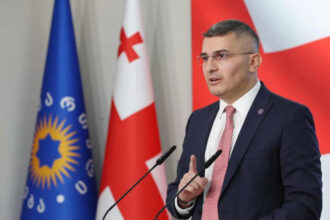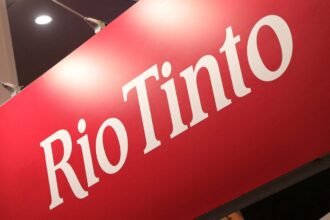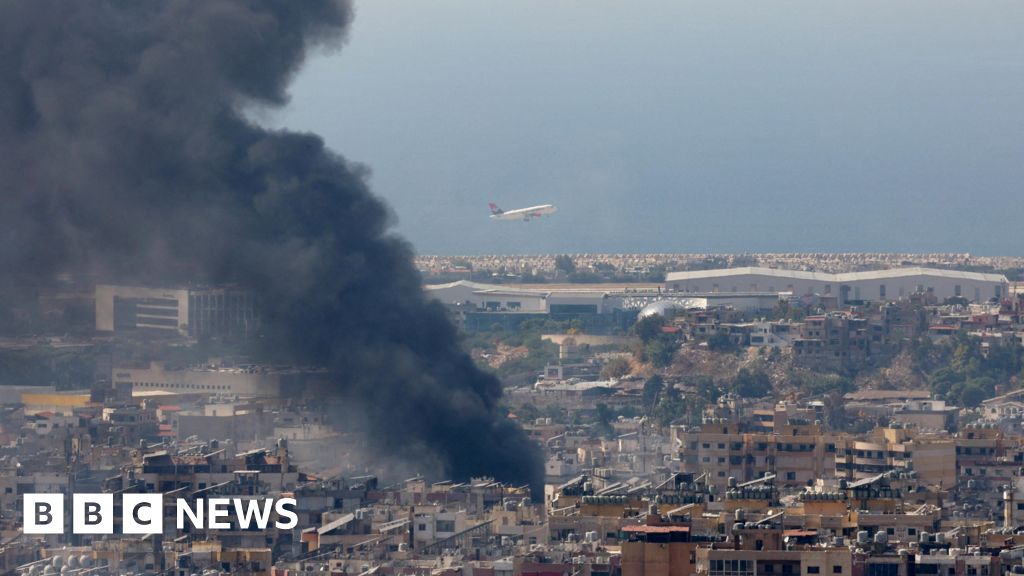Israel is expanding the ground invasion against Hezbollah in Lebanon, sending thousands more troops into a newly created zone in the south west of the country.
Israel Defense Forces (IDF), said that a fourth division has joined the eight-day ground operation to destroy Hezbollah infrastructure and targets.
Yoav Galant, Israeli Defence Minister, told officers that Hassan Nasrallah’s successor “was likely also eliminated”.
He spoke just hours after Nasrallah’s former deputy Naim Qassem insisted that the Iran-backed group has overcome the recent “painful” blows from Israel and its capabilities are “fine”.
Hezbollah fighters fired rockets at the northern Israeli port of Haifa for the third day in a row on Tuesday, injuring 12.
According to Lebanese officials, the group has remained defiant in the face of three weeks’ worth of intense Israeli attacks and other attacks on Lebanon. These attacks have resulted in more than 1,400 deaths and displaced 1.2 million others.
Israel has launched an offensive after nearly a year of border fighting sparked off by the war in Gaza. It says it wants to ensure that tens and thousands of residents of Israeli borders who were displaced by Hezbollah missile, rocket and drone attacks can return safely.
The hostilities escalated steadily after Hezbollah started firing rockets at northern Israel to support Palestinians on 8th October 2023. This was the day following Hamas‘s deadly assault on southern Israel.
The IDF announced on Tuesday morning that reservists of its 146th Division have begun “limited, targeted, localized operational activities” in the south-western Lebanon.
The unit joined three army divisions that have been operating since 30 September in the central and eastern areas of south Lebanon.
The IDF said that on Tuesday, troops had taken over what they called a Hezbollah “combat compound” in the border village Maroun al-Ras. It published photos of what it claimed was a rocket launcher loaded in an olive tree, as well weapons and equipment inside residential buildings.
Drone footage showed extensive destruction in the nearby village Yaroun which was the initial target of the invasion.
The IDF ordered the evacuation on Monday of another 20 towns and villages located in the south-west Lebanon. It told residents to head north, about 50km (30miles) from the border.
The IDF warned boaters and holidaymakers to stay away from the beaches and sea south of Awali.
In a joint press release, the UN Special Coordinator for Lebanon and the UN Peacekeeping Force’s head warned that the impact of the conflict on the human beings was “nothing less than catastrophic”, with “far to many people…paying an unimaginable cost”.
The government of Lebanon estimates that 1.2 million people fled their homes in the last year. Nearly 180,000 people are currently in centres approved for the displaced.
More than 400,000 people, including more 200,000 Syrian refugees, have fled to war-torn Syria. The head of the UN refugee agency called this situation “tragic absurdity”.
The World Food Programme said that there was “extraordinary concerns for Lebanon’s capability to continue to feed themselves” because thousands hectares of farmland in the south of the nation had been burnt or abandoned.
The IDF said that its aircraft carried out a second round of strikes against Hezbollah in the southern suburbs of Beirut, where this group is very active, and other areas in Lebanon on Tuesday.
It announced earlier that a strike on Monday in the capital had killed Suhail Husseini, the commander of Hezbollah headquarters. He was in charge of the group’s budgeting, management, and logistics. He also played a “crucial role” when it came to weapons transfers from Iran.
Hezbollah has not commented on the claim. If confirmed, this would be the latest in Israel’s series of severe blows to the group. Hassan Nasrallah, and most of the military commanders, have been killed in similar attacks in recent weeks.
Hashem Safieddine is also a top Hezbollah leader who was widely expected by many to succeed his cousin Nasrallah. He has not been heard publicly since a reported Israeli air strike in Beirut on Thursday.
“Hezbollah has no leader. In a short video released by the IDF without giving any further details, Yoav Gallant stated that Nasrallah had been eliminated and his replacement was also likely eliminated. “There is no one to make decisions or act.”
Hezbollah’s deputy leader declared in a defiant, televised speech from an undisclosed place on Tuesday morning that the organization‘s command and control is “solid” and has “no vacant posts”, citing recent attacks against Israel.
“We will prolong the time and hurt them.” The missiles of the resistance are capable of reaching dozens of cities. Naim Qassem assured that his capabilities were fine.
Qassem appeared to leave open the possibility of a negotiated truce, saying that he supported the efforts of Hezbollah’s ally, Lebanese Speaker Nabih Bari.
He did not mention a pause of hostilities in Gaza for the first time as a condition, but it was unclear if that meant a change in Hezbollah’s position.
His speech coincided the launch of over 100 rockets toward Haifa Bay as well as Lower, Central, and Upper Galilee.
The IDF stated that most of the rockets had been intercepted. However, some had landed and damaged some buildings, including one school. No serious injuries were reported.
On Sunday night there was a direct strike on Haifa, something that had not happened since Israel fought Hezbollah in 2006.
Read More @ www.bbc.com




